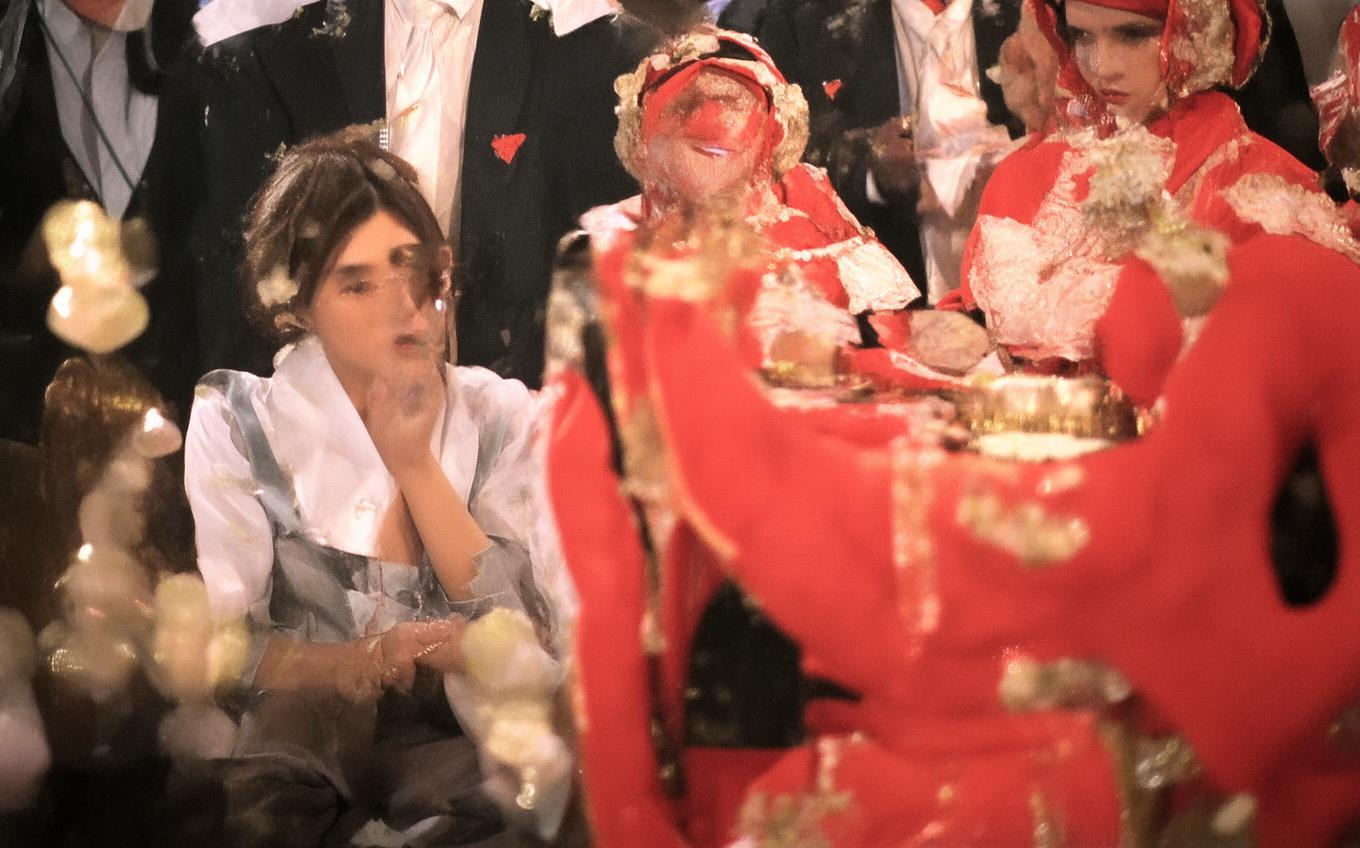
Analysis of a Classic Chinese Poem: 长门怨
Analysis of "长门怨" Classical Chinese Poetry Introduction The poem "长门怨" (Cháng Mén Yuàn), or "Lament…

Analysis of "长门怨" Classical Chinese Poetry Introduction The poem "长门怨" (Cháng Mén Yuàn), or "Lament…
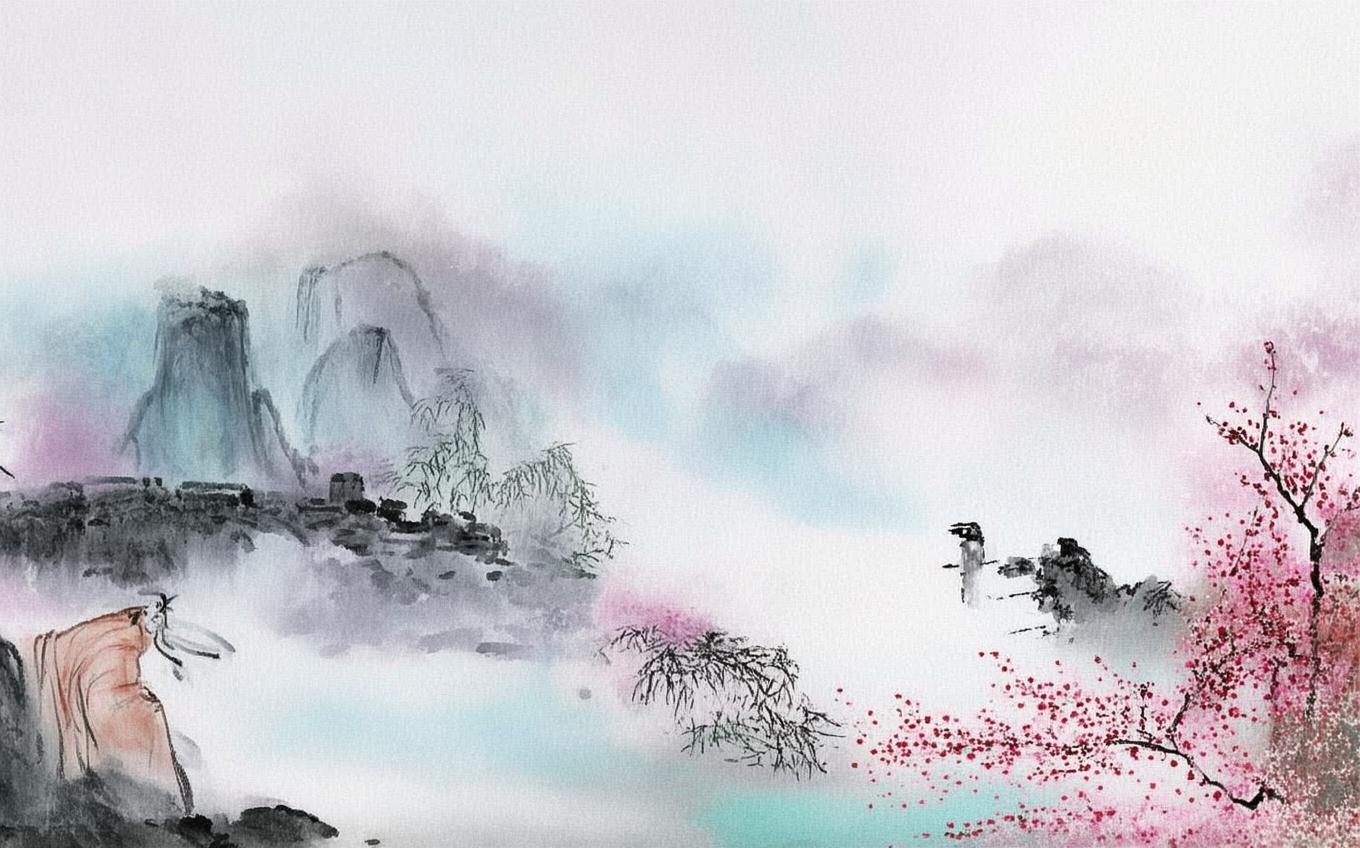
Analysis of "清明日宴梅道士房" Classical Chinese Poetry Introduction The poem "清明日宴梅道士房" (Qīngmíng Rì Yàn M…
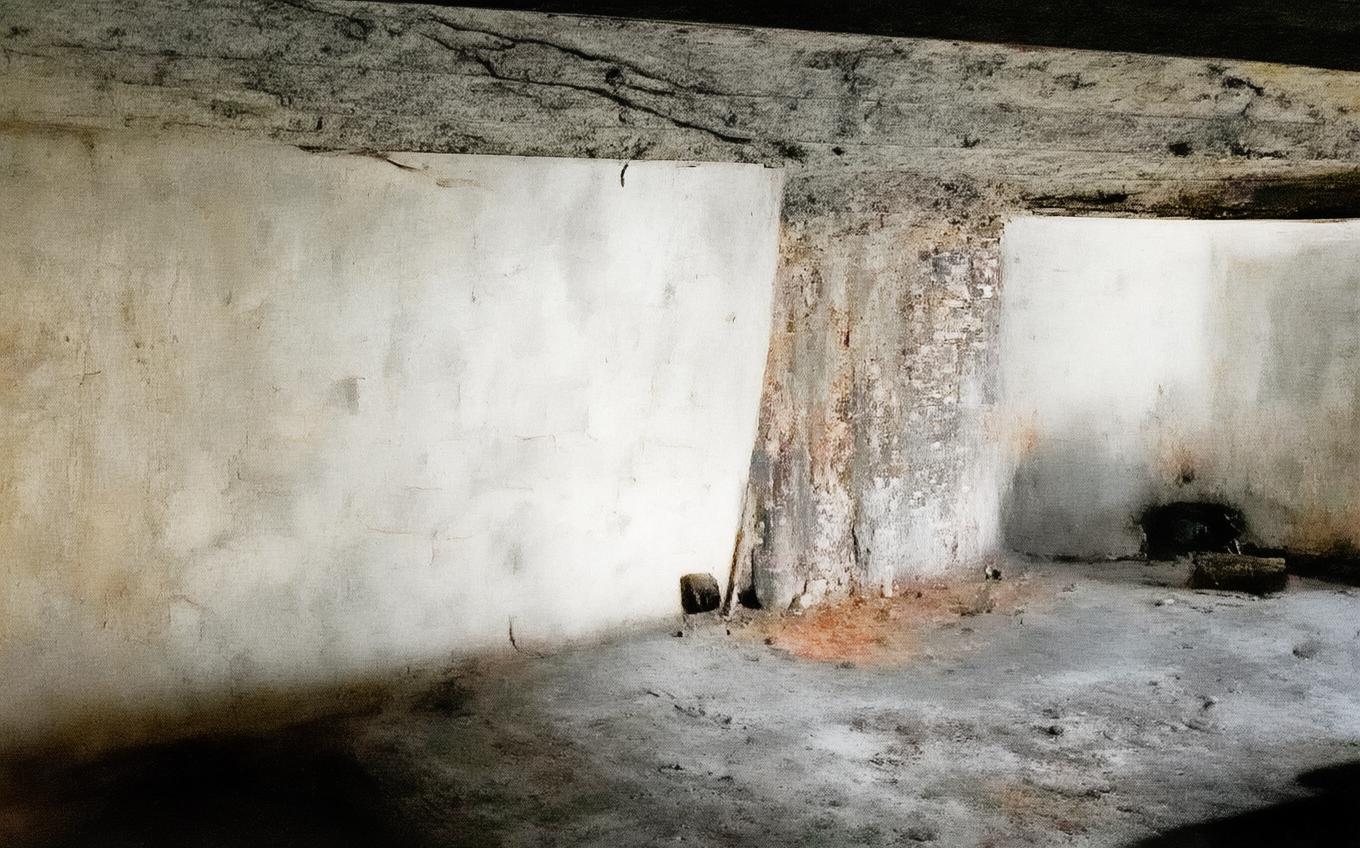
Analysis of "相见欢·林花谢了春红" Classical Chinese Poetry Introduction "相见欢·林花谢了春红" (Xiāngjiànhuān· Línhuā …
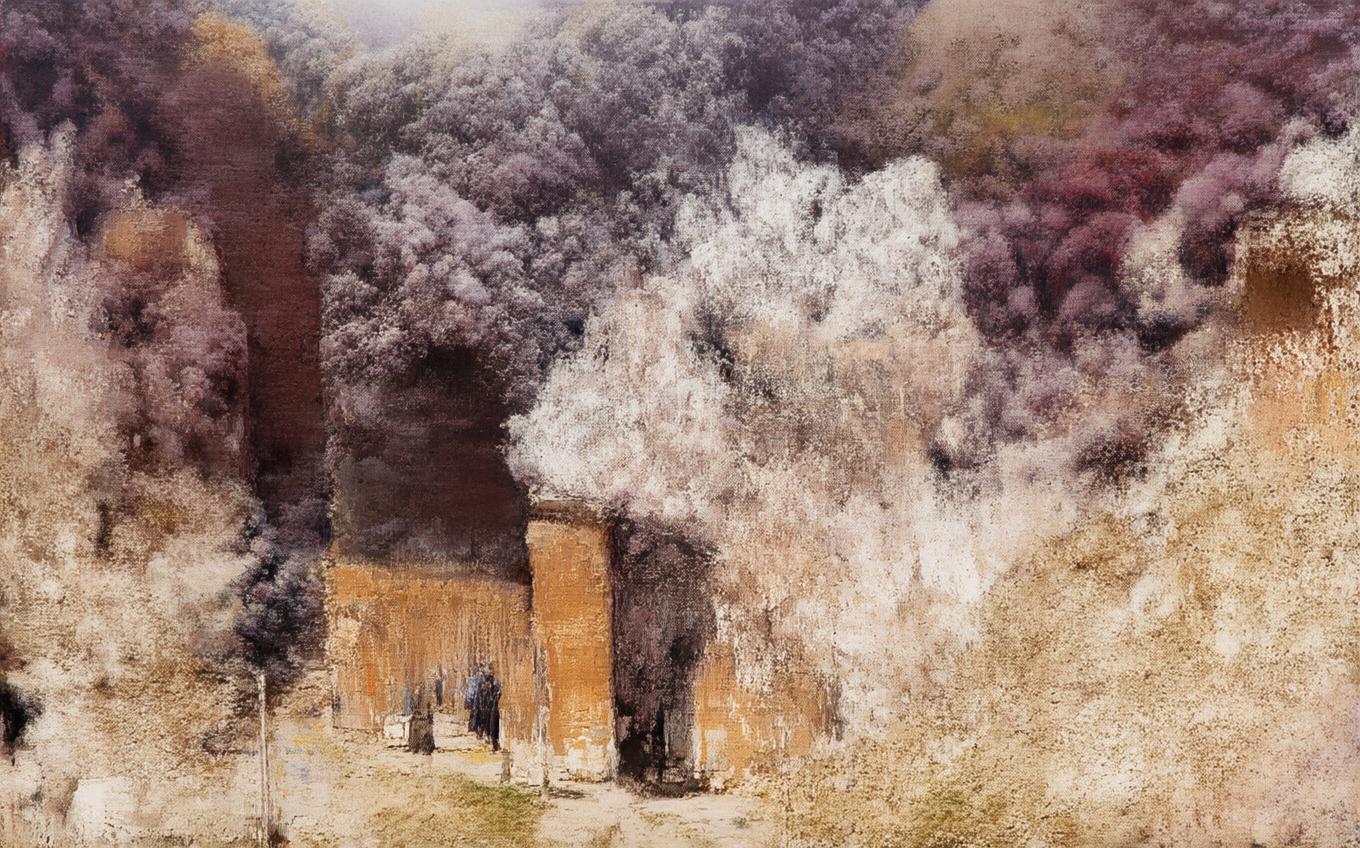
markdown Analysis of "立秋日曲江忆元九" Classical Chinese Poetry Introduction This poem was written by Bai …

Analysis of "夏夜叹" Classical Chinese Poetry Introduction The poem 夏夜叹 ("Xià Yè Tàn," "Lament on a Su…

Analysis of "夏日叹" Classical Chinese Poetry Introduction "夏日叹" (Xià Rì Tàn, "Summer Sigh") is a poig…
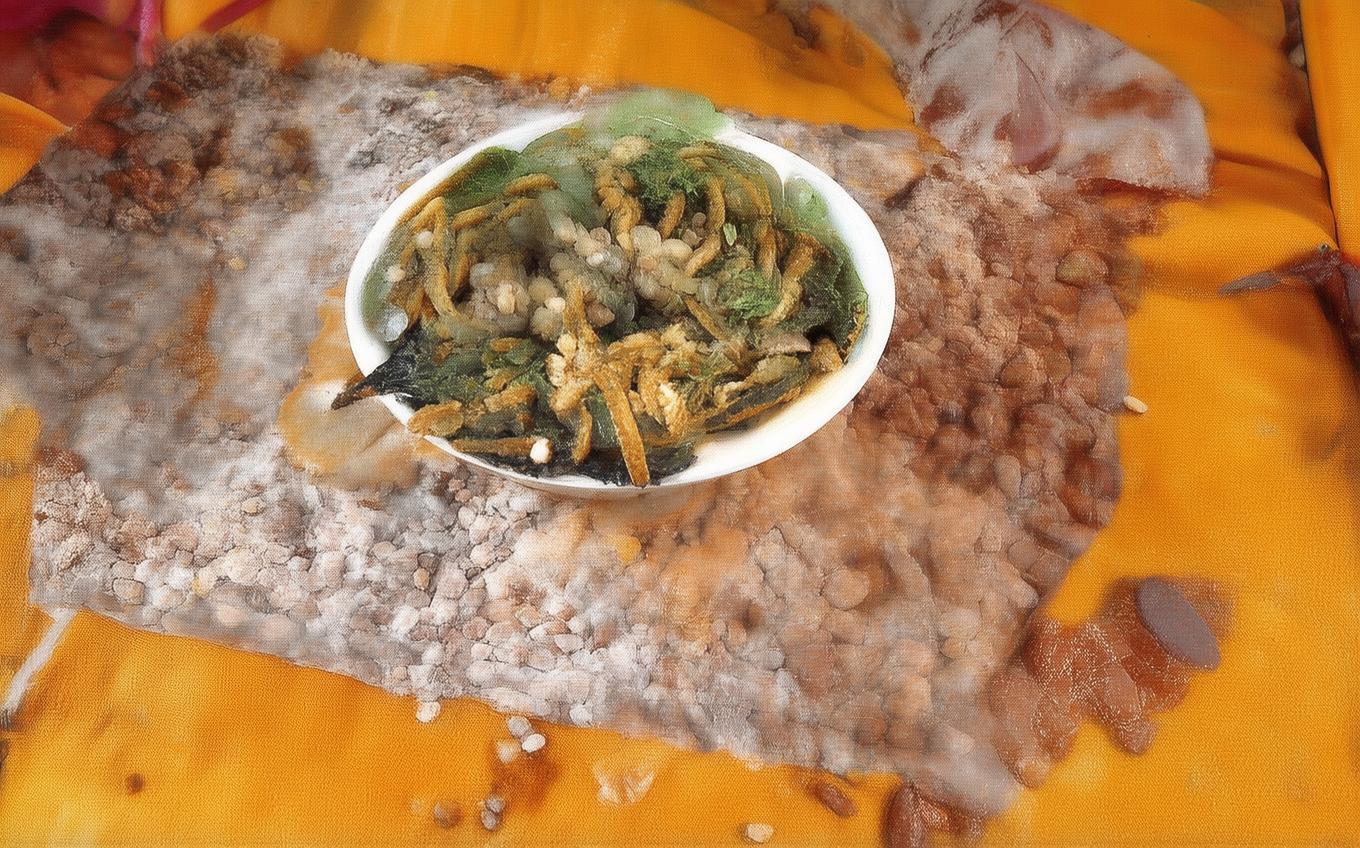
Analysis of "自京赴奉先县咏怀五百字" Classical Chinese Poetry Introduction The poem "自京赴奉先县咏怀五百字" (Zì Jīng Fù …
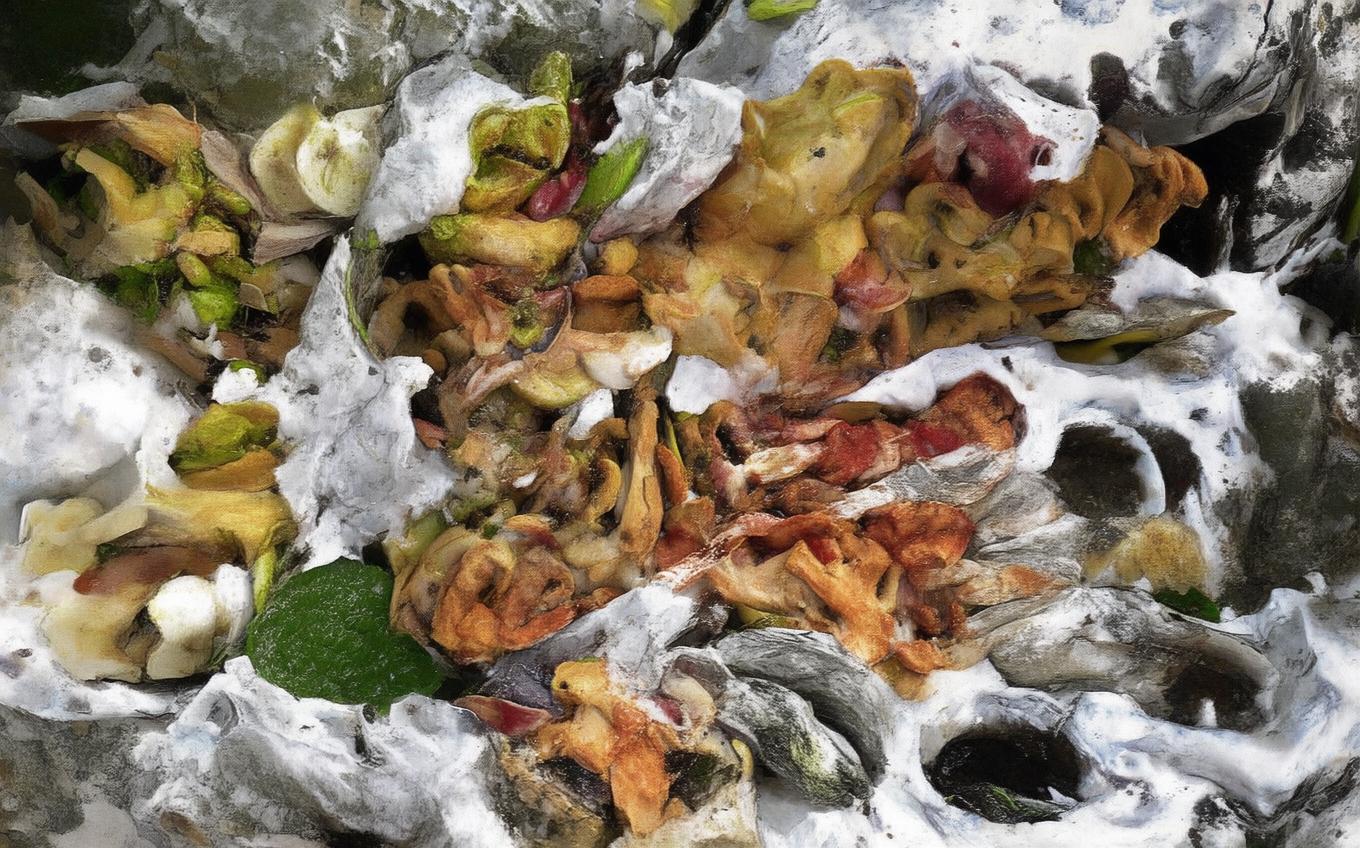
Analysis of "送萧三十一之鲁中兼问稚子伯禽" Classical Chinese Poetry Introduction The poem "送萧三十一之鲁中兼问稚子伯禽" (Sòng …
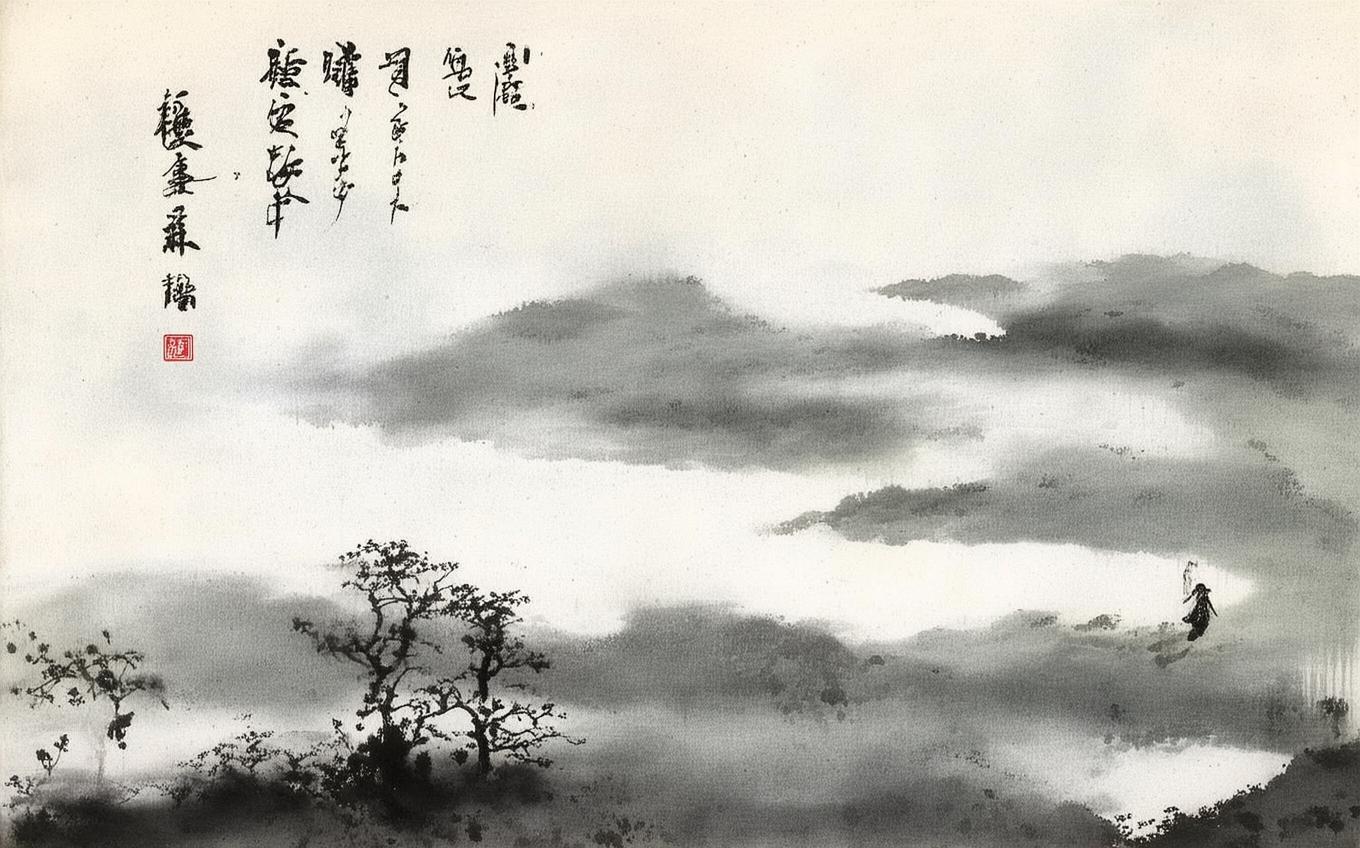
Analysis of "送蔡山人" Classical Chinese Poetry Introduction "送蔡山人" (Sòng Cài Shānrén) is a farewell po…
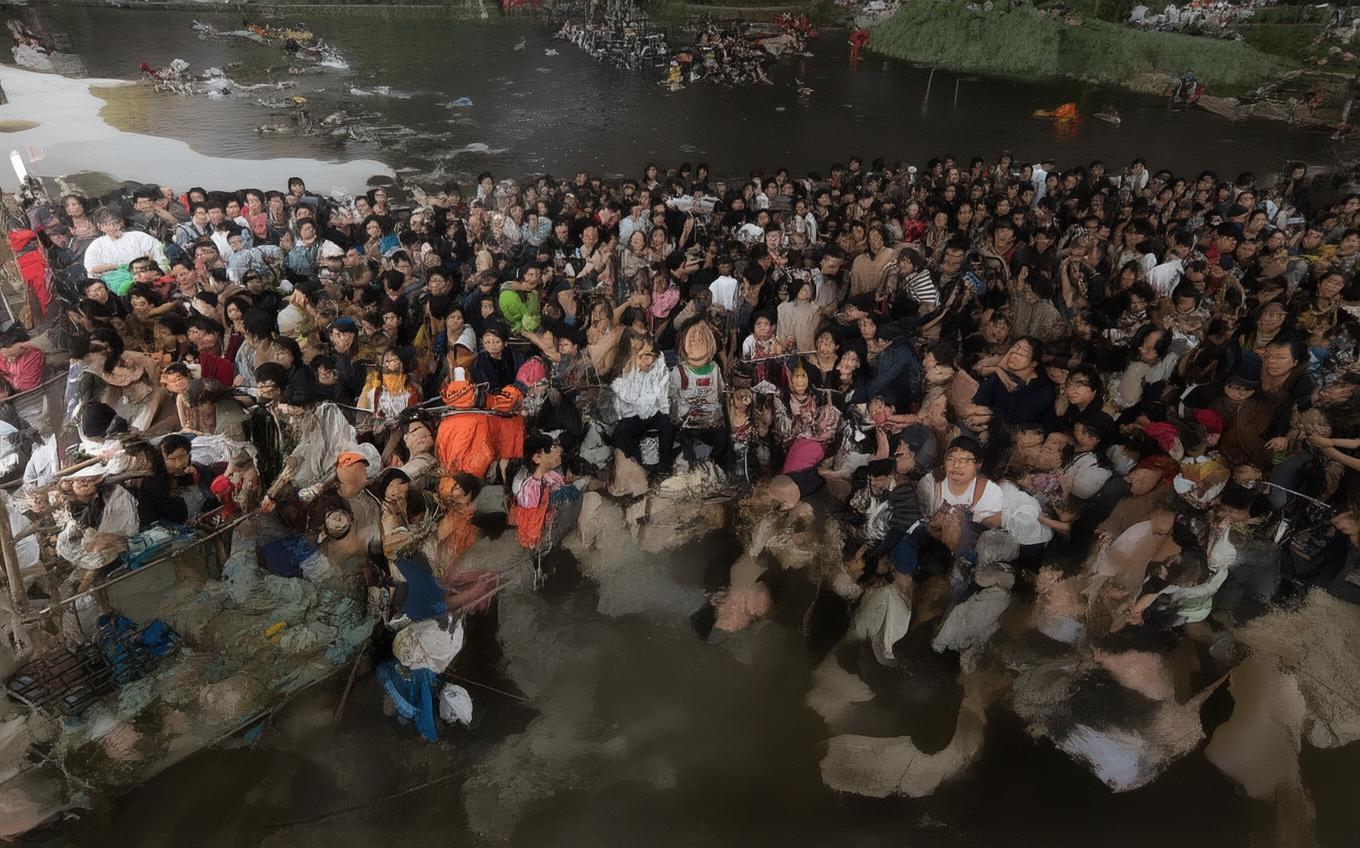
Analysis of "送杨燕之东鲁" Classical Chinese Poetry Introduction The poem "送杨燕之东鲁" (Sòng Yáng Yàn zhī Dōn…
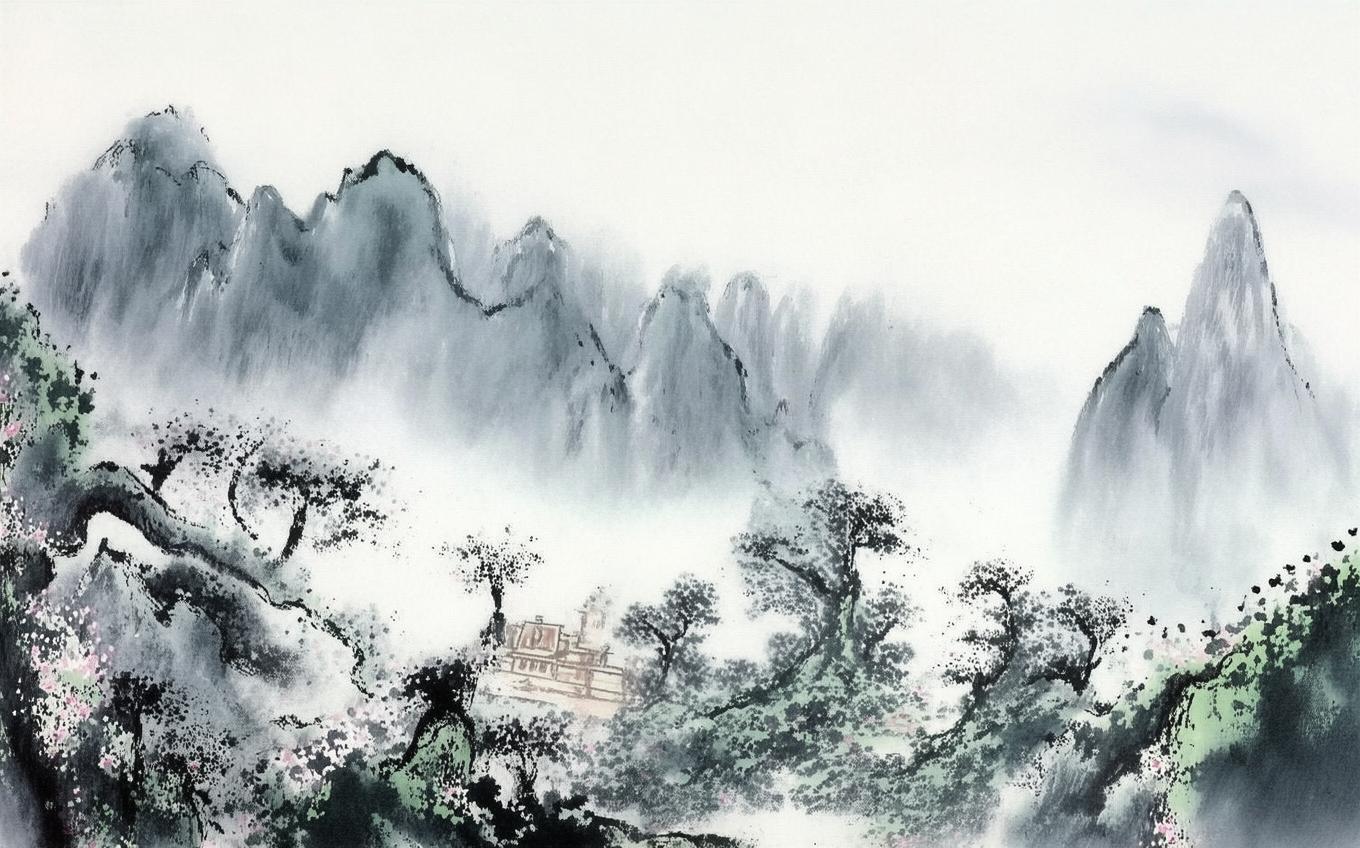
Analysis of "送崔十二游天竺寺" Classical Chinese Poetry Introduction The poem "送崔十二游天竺寺" ("Seeing Cui Twelv…
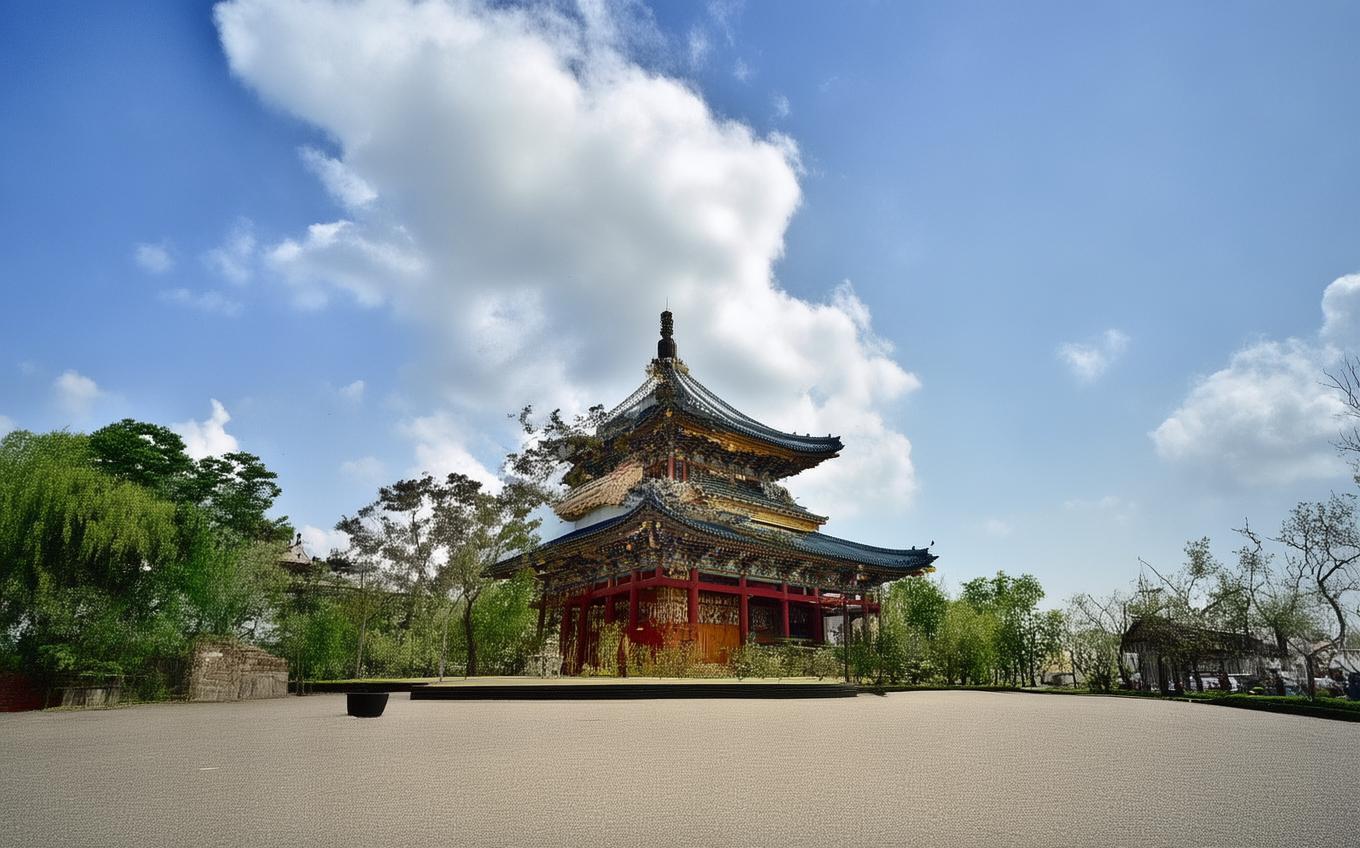
Analysis of "江西送友人之罗浮" Classical Chinese Poetry Introduction "江西送友人之罗浮" (Jiāngxī sòng yǒurén zhī Lu…